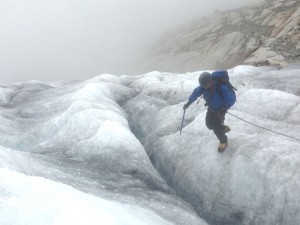Britain is celebrating 200 years of the Gurkhas with a series of events including an Everest climb and an Arctic expedition.
 April saw the launch of “Gurkha 200” in London to raise issues such as pensions for retired soldiers.
April saw the launch of “Gurkha 200” in London to raise issues such as pensions for retired soldiers.
A team will attempt to become the first serving members of the Brigade of Gurkhas to conquer Mount Everest, via the South Col route. Another expedition will bid to circle Ellesmere Island in the Arctic circle using kayaks and skis.
Major Andrew Todd (part of the Expedition’s management team) labelled the Gurkhas’ commitment to training “truly inspirational” and assured us that their sights are “firmly fixed on the summit of Everest”.

